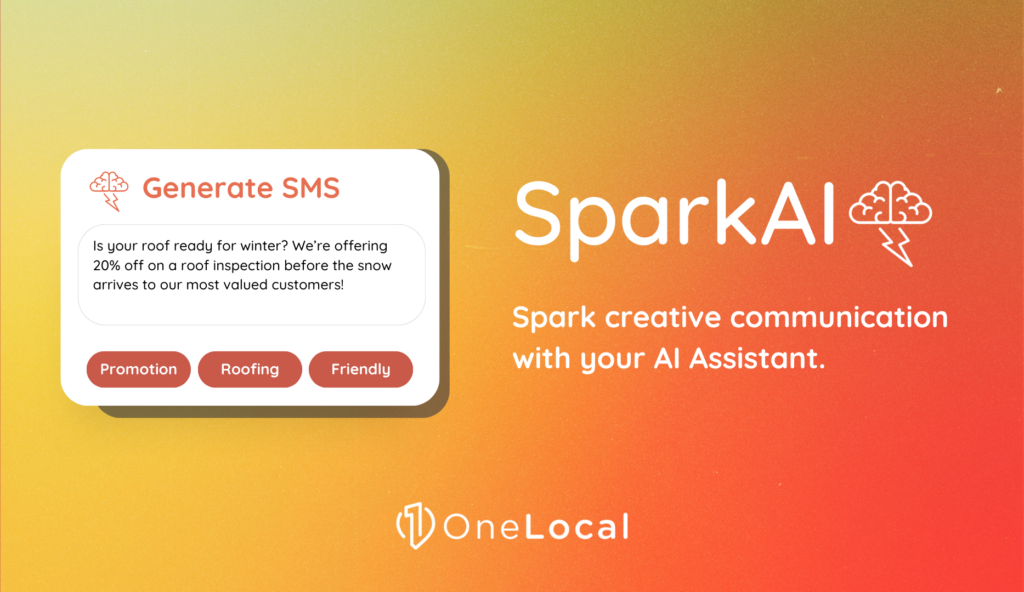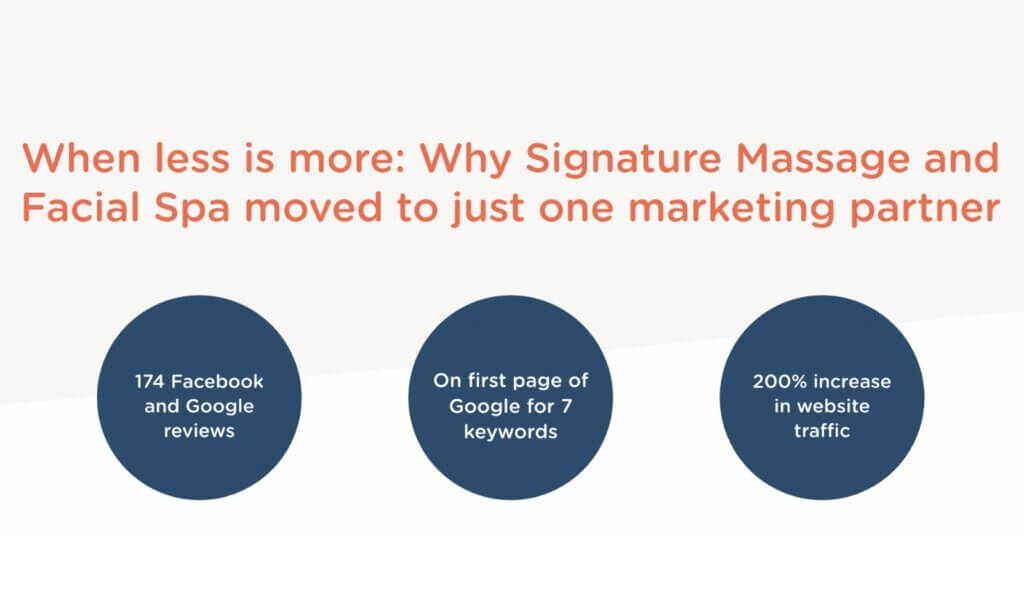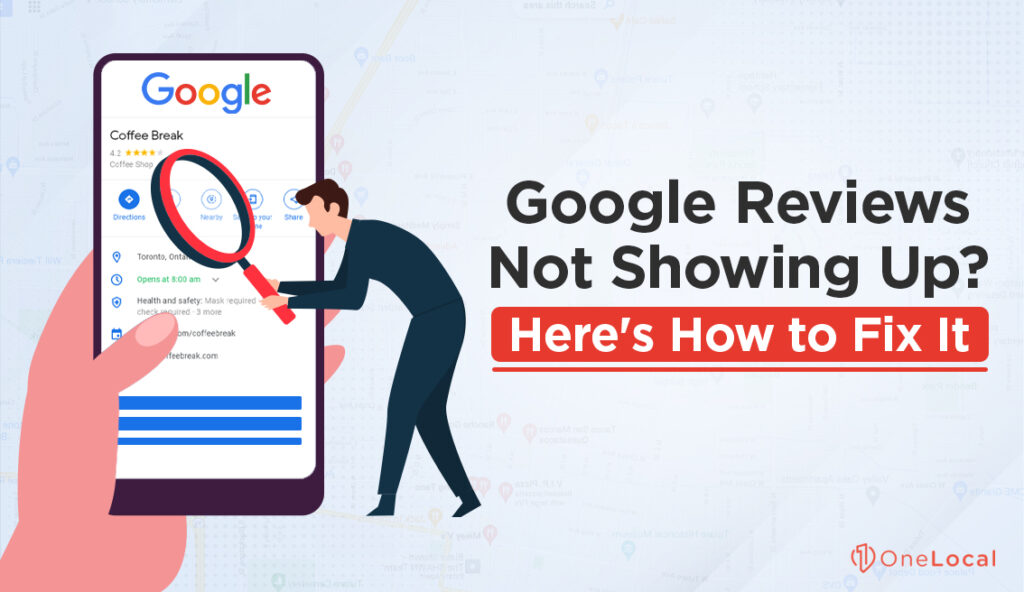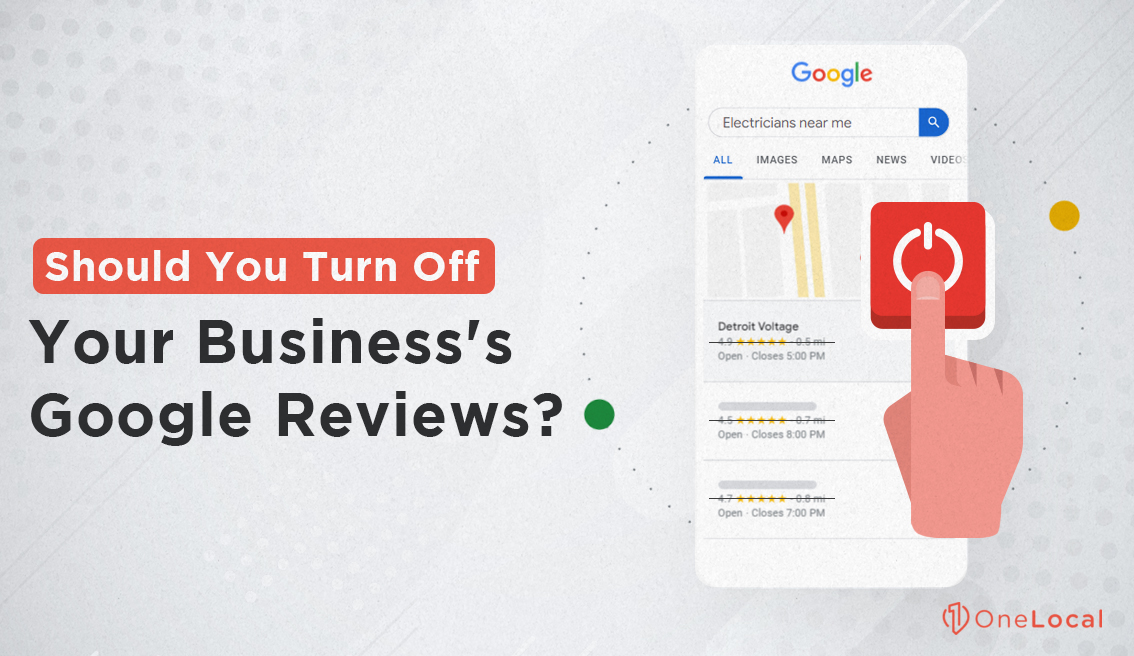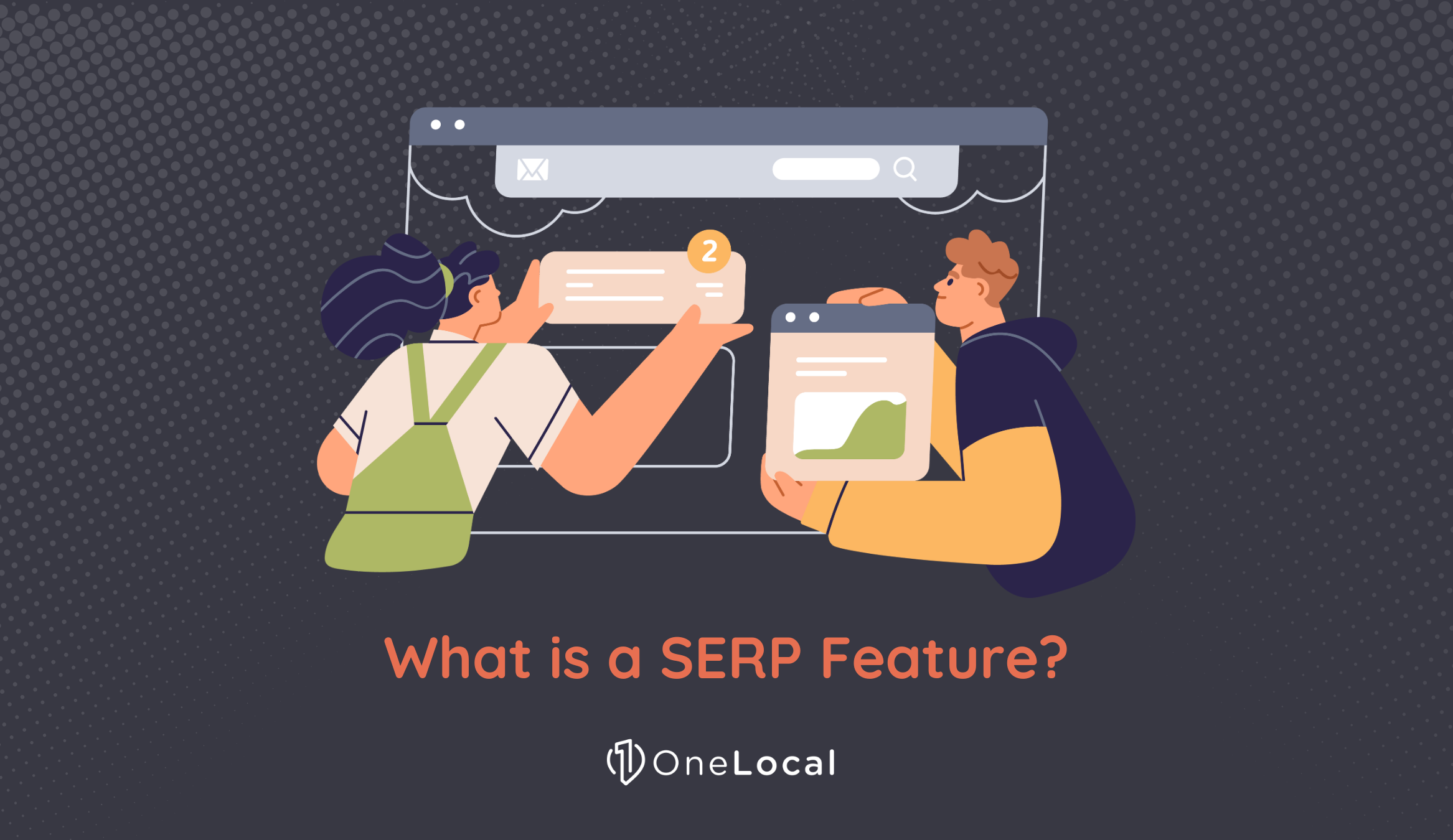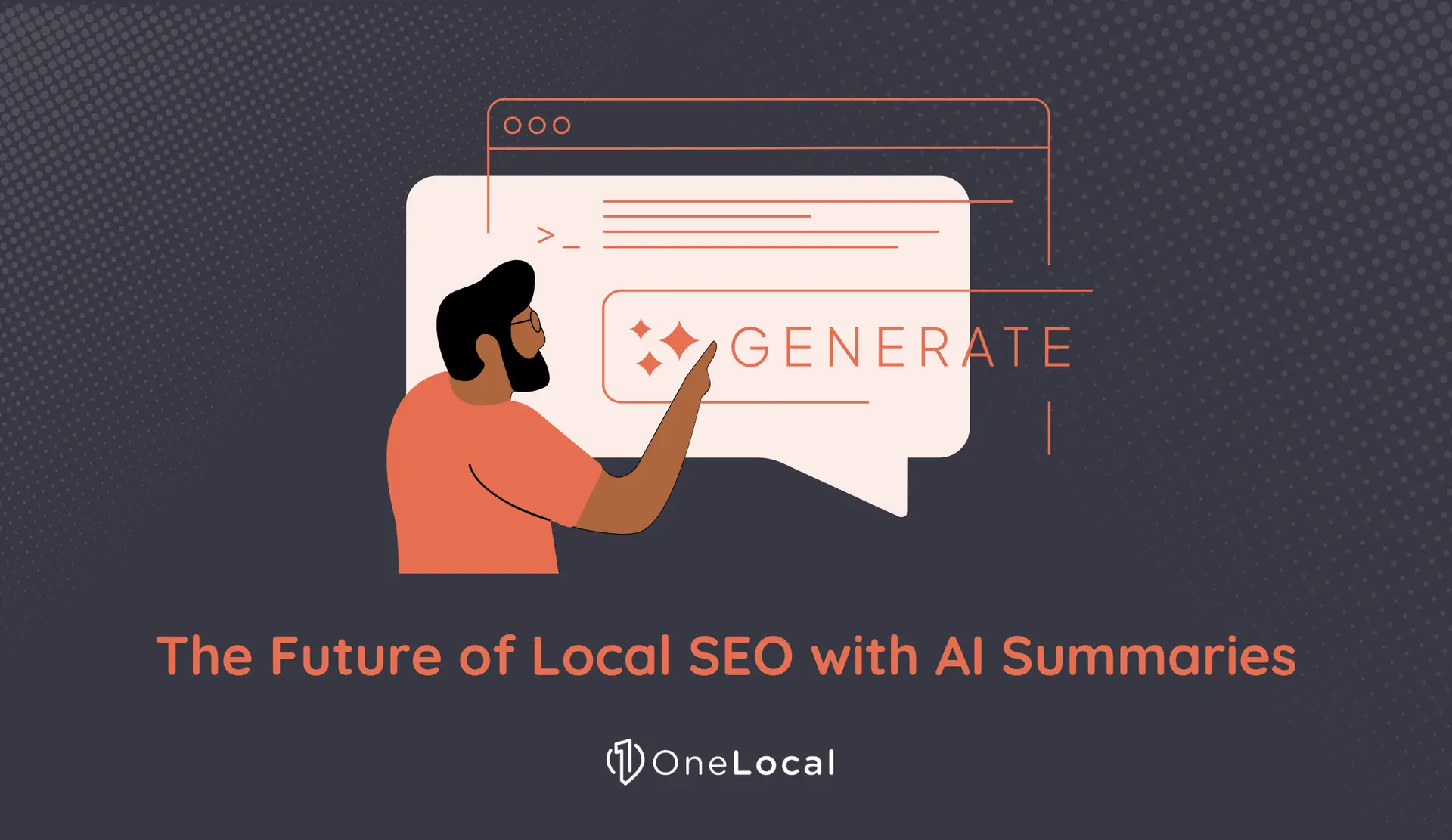Let’s take a thorough look into Google Reviews and how they can change your business’s standing. Far from the boring old rhetoric, Google Reviews are important in the always-changing world of online reputation. But I’m going to break down how they work for you, like the interesting question of what happens when you turn these off.
Are you worried about tough terminology or confusing guides? Fear no more! We’ll talk about what happens when you turn off your Google Reviews, as well as some alternatives and strategies to improve your presence on Google.
How to Disable Google Reviews Under Specific Circumstances
Google doesn’t let you fully turn off reviews on your Business Profile. But do you find yourself sinking in a bunch of negative reviews that smell suspiciously like spam? In that case, Google might step in and pause incoming feedback for a bit.
Now I wonder – what can you do about the posts that might cause damage? Google gives businesses the chance to call out individual reviews that breach their rules. Have you ever seen any of that rough language, things that break local laws, or straight-up offensive material in the reviews? Google doesn’t want any of it.
Here’s how you can mark a review for removal. The first step is to log into Google My Business. Next, go to “Reviews”; it’s right there on your dashboard. Find the review you have issues with, the one you think is unfair or inappropriate. See that flag icon next to the review? Give that a click. Give your reason for calling it out – usually, it’s either doubts about the content’s truthfulness or concerns over its suitability.
But what if the review is still alive and kicking after you’ve flagged it? Don’t sweat it – you have a backup plan. It’s time to bring in Google Small Business Support to contest the review.
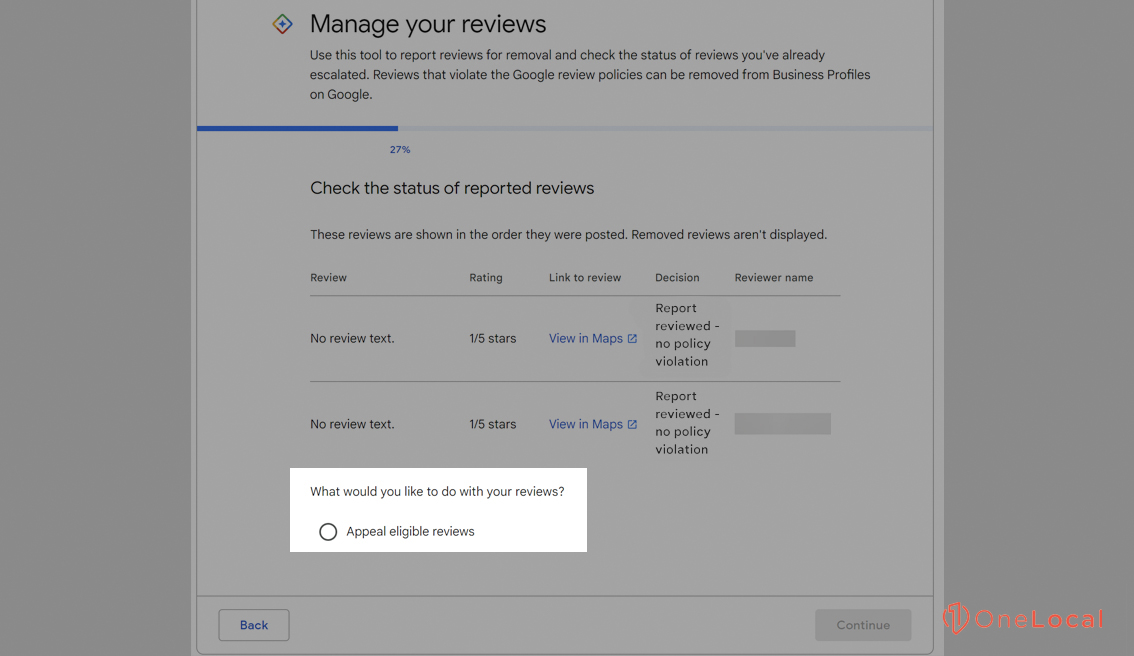
Here’s how. Fire up your Google My Business account. Hit “Support”. Just follow along, step by step, until you’re chatting with a Google rep.
Remember: you can’t wipe out every review. But you can steer your online reputation, for sure. Flap your pro wings in response to all reviews, leverage review management tools, step up your customer service game, and pump up the volume of positive reviews.
Think a review-free online world would be a good idea? On one hand, it might sound enticing, but it could backfire and leave clients dubious about your business. And who wants that? In my opinion, actively managing your online reputation can garner a ton of good atmospheres. Remember how Coca-Cola listened to customer’s negative reviews and made adjustments? They didn’t put a lid on customer feedback. They opened their ears, made adjustments, and soared. I say, let’s learn from them!
What Happens When You Permanently Close Your Business?
Seeing your business labeled as “permanently closed” on Google Reviews majorly affects your online visibility. A big red “closed” warning appears on Google Search and Google Maps – an instant game-over sign for any remaining client traffic coming in from Google. Strangely enough, your business’s listing and stack of reviews stick around long after the doors close. Anyone can see them; a strong notice tells potential customers you’re officially out of the game.
What if your business gets falsely labeled as closed – maybe from a competitor’s lies on Google? Yikes! Just like that, your operation could get the “closed” sticker slapped on it or even disappear. Your business could straight-up vanish from search results. And with it, customers would likely bail out fast.
Some people might wonder if getting the “closed” title on Google Reviews could soften the blow of bad reviews. Just because your doors are closed doesn’t mean people can’t see your business profile or the reviews pinned to it in local searches. Google only allows review deletions for breaking the rules, and even then, it’s up to them if the deletion goes through. Sorry to say, but pulling the plug on your Google My Business account won’t wipe your business page or reviews clean.
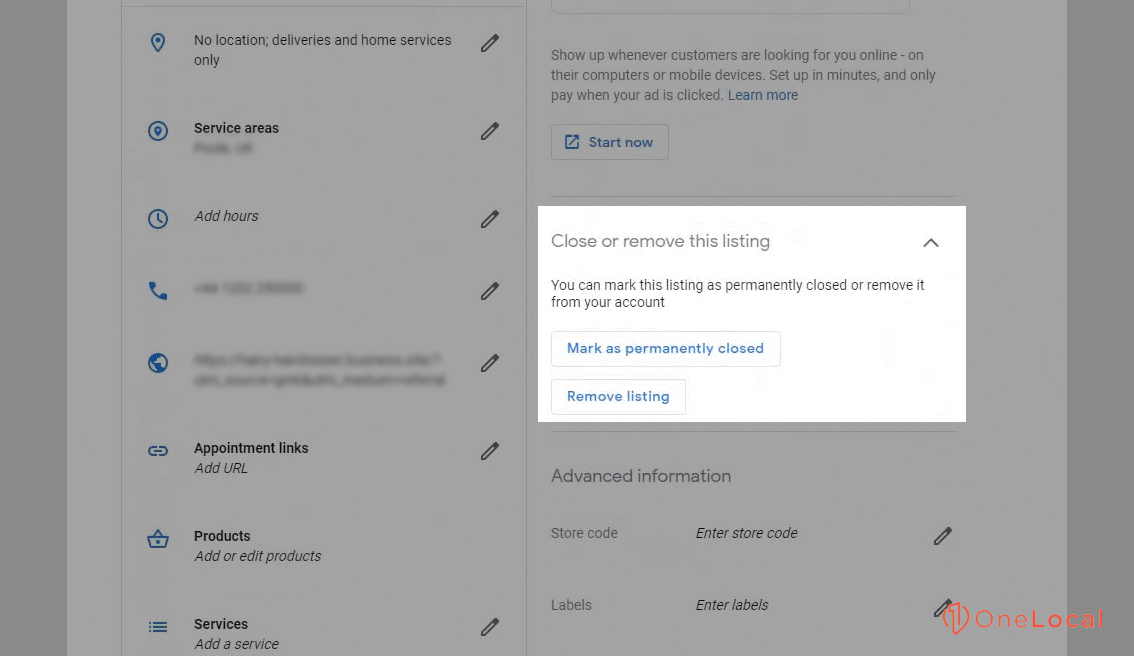
Ignoring bad reviews? Hello, that’s a recipe for disaster! Think of lower business and search rankings, a tarnished brand reputation, possible legal trouble, lost customer trust, tanking revenue, a tough time getting new customers, and growing competition.
So, what’s the decision? Marking your business as “permanently closed” on Google Reviews could really dent (if not completely wipe out) your online presence and customer traffic. Trying to manage negative reviews by shutting down? In my honest opinion, that’s a losing battle. Your business profile and its reviews remain in the cyber world.
Can Changing Your Business Category Affect Reviews?
Google uses your business classification when delivering local search results. You can highlight your services by choosing a primary category and up to nine subcategories from the Google-approved list. But what happens if you get your business type wrong, either by mistake or on the job? You run the chance of being invisible in relevant local searches. This bad luck dominoes into no visibility, zero traffic, and, sadly, reduced customer reviews.
Worried about what will happen to your existing reviews if you change your business category? Don’t sweat it; they aren’t just going to disappear. Any categories you change in your Google Business Profile won’t affect your current reviews. Why? Because your reviews are tied to your business listing, not the category.
But is changing your category really that important? Absolutely. Correcting a wrong categorization can cause a clear jump in visibility for local searches; this can mean more local traffic, higher customer engagement, possible revenue growth, and even an increase in customer reviews. But watch out; if you rush and choose an irrelevant category, you may cut down your exposure and chances for positive reviews.
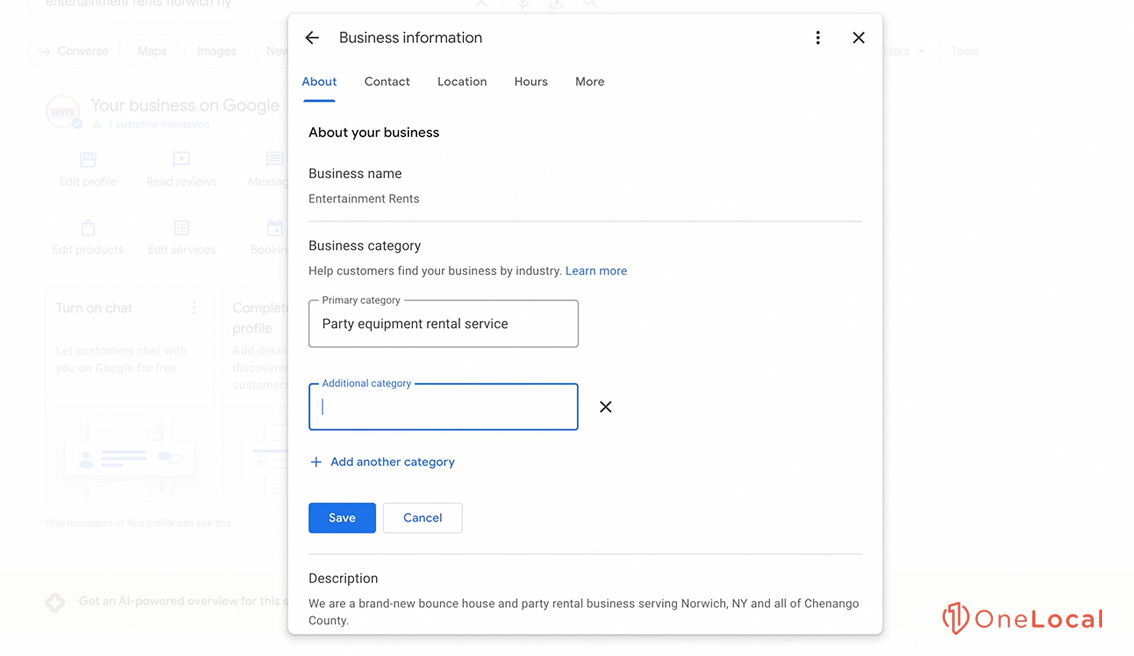
As you adjust your categories, keep an eye out for Google’s potential audits to make sure you’re following their guidelines. This audit could take anywhere from a few minutes to up to 30 days, and people might not see your updated category during this time.
Try to be consistent with your business category across all online sites and directories. This consistency avoids possible confusion for future customers and boosts your local Search Engine Optimization (SEO). Something as simple as category consistency can increase your visibility in local searches, spark customer interest, and grow more reviews.
So, changing your business category can be both good and bad. Done right, it can increase visibility and customer reviews. But if it’s done badly, the fallout could sting.
How Does a Review Attack Change a Business?
Small businesses often fall victim to Google review attacks, which can damage their good name. Bad reviews, whether they’re real or fake, can smear a business’s online image. The trust consumers place in online reviews is the same as personal recommendations, so negative posts can do quite a bit of harm. They might scare off potential customers, who might get the idea of poor service.
Fake reviews can hurt individual businesses and the economy by affecting sales and revenues. Forbes tells us that every extra star on a review can really pump up business revenues. But, a flood of crafty one-star reviews can make customers skeptical. With their trust shaken, they might switch to different products or services, leading to a dip in revenue.
Review attacks can disrupt business operations. Dealing with the surge of false reviews requires a big chunk of time and resources. You might have to report to Google, handle each review separately to minimize damage, or even hire a lawyer. These distractions can put normal operations on hold and knock strategic growth plans off track.
You can bring a lawsuit against the people who make fake reviews, but Google can’t be dragged into court over user reviews. There’s a catch, though; these legal moves can mean steep fees, take up a lot of your time, and you aren’t guaranteed to win.
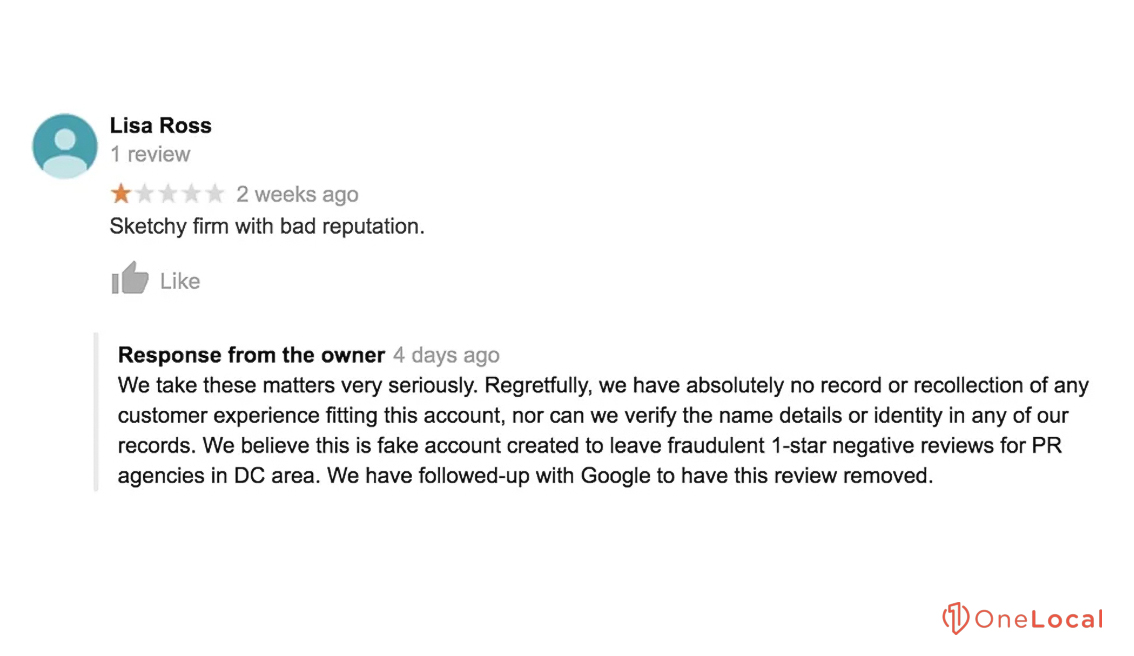
Psychological stress is another toll that business owners pay when they’re at the receiving end of fake review attacks, and people often forget this. Being desperate and feeling like you’ve lost control over your online image can cause a lot of stress and anxiety.
Dealing with fake reviews is a tough nut to crack because of Google’s policies; they might not take down all the reviews you flag. The lasting sting of reviews -even after they’ve been removed- might take some time to heal.
Facing a review attack head-on? A seven-step plan can be a lifesaver. In other words, when taking the initiative to manage and reduce the chance of these attacks, businesses can recover. You can report to Google with evidence at hand, reply to reviews professionally, think about taking legal action, and ask satisfied clients for positive reviews to balance out the negative ones. Google review attacks can be pretty serious, but, in my opinion, recovery is very possible!
How Google Reviews Affect Consumer Decision-Making
Google reviews can push your customers one way or the other – data from a Digital.com report shows that about 88% of online shoppers check out reviews before buying. So, reviews have some serious sway on your clients.
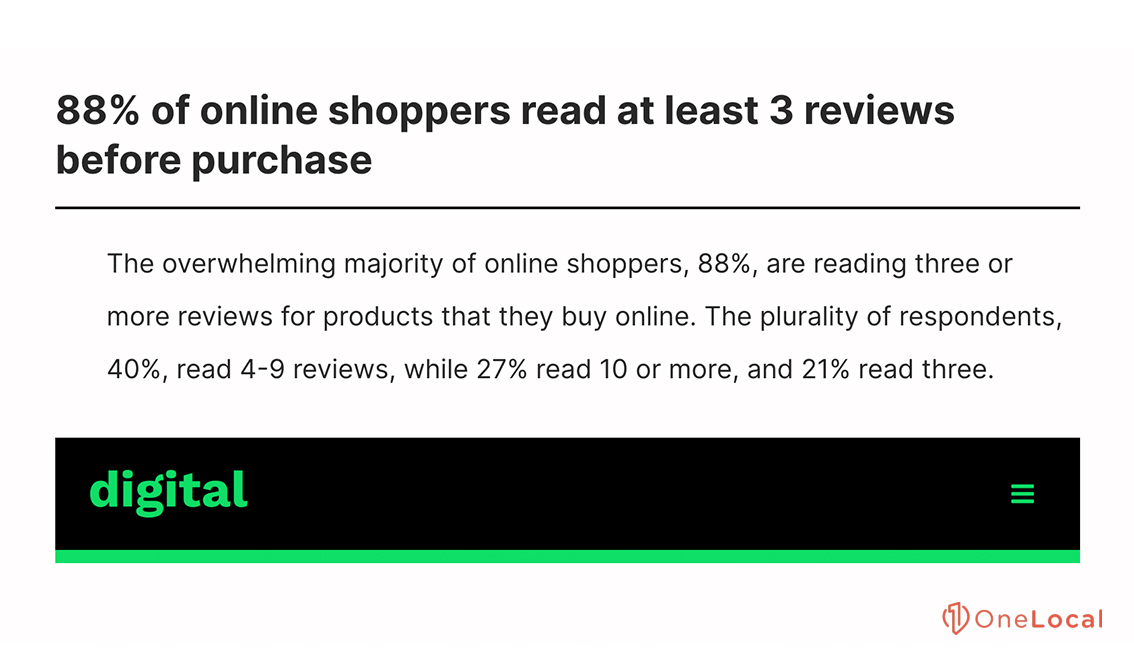
In the chit-chat of the online world, star ratings can have a big impact on would-be buyers. For example, a product has only five reviews. That could give the likelihood of someone buying it a big 270% boost compared to items with a review to their name. Interestingly, once you hit the five-review mark, adding more has less oomph.
Check this out: pricier products get a bigger boost from customer reviews. Less expensive items can see a nice 190% spike in their conversion rates, but top-dollar products can skyrocket to an eye-popping 380% boost. Customer trust peaks when ratings fall between 4.0 and 4.7. Any closer to 5.0, though, and buyers start to get suspicious. Go figure!
So, who can you trust when it comes to reviews? Often, it’s those coming from confirmed buyers. Their reviews usually lean positive and are seen as more dependable than those from John or Jane Doe.
Even though we have solid evidence of the power of reviews, we can’t forget about the massive 86% of buyers who take a gander at online reviews before deciding to pull out their wallets. A few rotten apples won’t likely turn most customers off, but no reviews at all? That could raise some eyebrows.
Think about how the power of reviews can change a bit depending on who’s buying. Older people often are turned off by bad reviews more than younger adults (it could be their life experience or just playing it safe). But here’s the thing: your online reviews aren’t just words and stars – they’re an important factor in your bottom line.
I’d recommend you think hard about what turning off reviews could mean for your business. Will it silence the critics, or could you be choking off your profits?
Why It’s Not Advisable to Turn Off Your Reviews
It can often lead to unexpected negatives when you turn off Google Reviews. Your online visibility could take a hit, potentially eroding trust from customers and preventing beneficial feedback. Remember, reviews hold an important place in local search results. Factors like the quantity and the quality of the reviews on your business profile are considered in Google’s ranking visibility algorithm. Sweet! Great reviews improve your online visibility, funneling more traffic to your site. This could potentially spike your sales in return.
Building trust, it’s quite interesting. Google Reviews lets potential customers see an unbiased picture of your business; it’s a big help when they’re trying to make sound choices. Do you know how many people check out online reviews before they physically visit a business? Quite a lot! Astoundingly, these online peer reviews are trusted as much as they’d trust a personal recommendation from a friend. Missed opportunities to build customer trust are the consequence when businesses choose to switch off reviews.
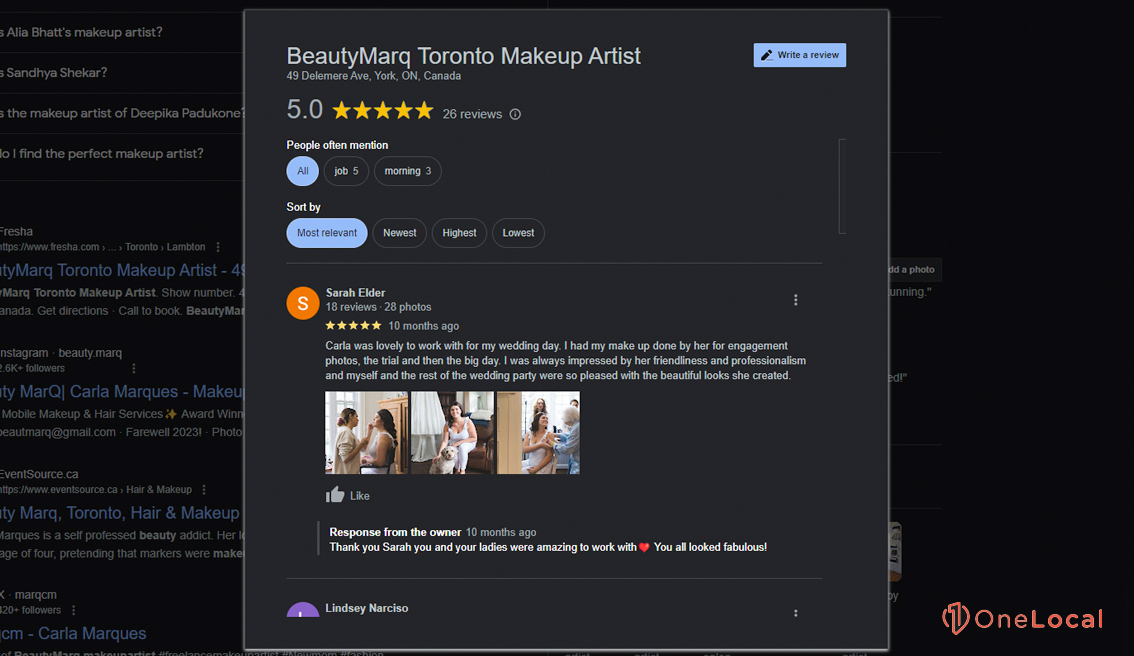
Let’s talk about feedback. You get a real-time picture of what’s working and what’s not when you keep the Google Reviews rolling. It’s like getting the blueprint for ongoing improvement. Isn’t it smart to welcome negative feedback and work on it rather than being in the dark? Responding to reviews, especially the sour ones, is a great way for businesses to establish strong ties with their customers. It’s a winning move when customers feel heard and valued.
Rather than trying to blank out reviews, I suggest businesses focus on managing their online reputation in a way. You see, well-timed, pro responses to both good and bad feedback can help soften the blow of the less-than-positive comments. Regularly urging happy customers to share their reviews can tip the scale back from the negative side. Also, there’s this – Google lets businesses flag any review that breaks the rules. That helps keep your reputation online real.
So, while it might feel good to dodge negative feedback, I believe the benefits of maintaining an active review presence far overshadow the negative aspects. These reviews? They’re fine tools for managing your reputation. They mold customer trust, affect your ranking in search engines, and hand over valuable suggestions for improvements down the road. Engaging with customers and managing your online reputation proactively should be the goal, not avoiding criticism. The bottom line is that the goal should never be about sidestepping negativity but about embracing it and growing from it.
Do You Have a Review Management Plan?
Think of Google Reviews as a hidden treasure for businesses; they can work in your favor. What do they do? Well, they grab customer opinions, boosting a company’s standing in online search rankings – pretty cool, right? I think it’s time businesses stopped seeing these reviews as a menace and started looking at them as a launching pad for trust-building and growth!
It’s important to whip up a smart game plan for managing these reviews. It’s in maintaining a solid online presence. Wouldn’t you want to be seen in a good light? It’s pretty simple, actually: talk professionally to customers and show respect for what they have to say; authenticity shines through that way. Imagine turning grumbles into cheers of satisfaction just by replying promptly and understandingly. Wouldn’t that be something?
I know turning off the review feature on a Google business profile might look appealing at a glance, but it’s likely to end in disaster. Wondering why? Well, you’d lose trust and future business. Sure, getting rid of negative feedback might seem good at first, but isn’t it better to use it to your advantage? Hear me out – businesses should see constructive feedback as an opportunity to show reliability and integrity. Don’t you agree?
So here’s the deal: businesses need to stop being defensive against bad reviews. Instead, get out there and manage their online reputation proactively! Ever thought about this – every review, whether it’s a pat on the back or a slap on the wrist, can be used as a helpful insight for improvement? Responding correctly to negative feedback can highlight a business’s online achievement and lay the groundwork for future growth.
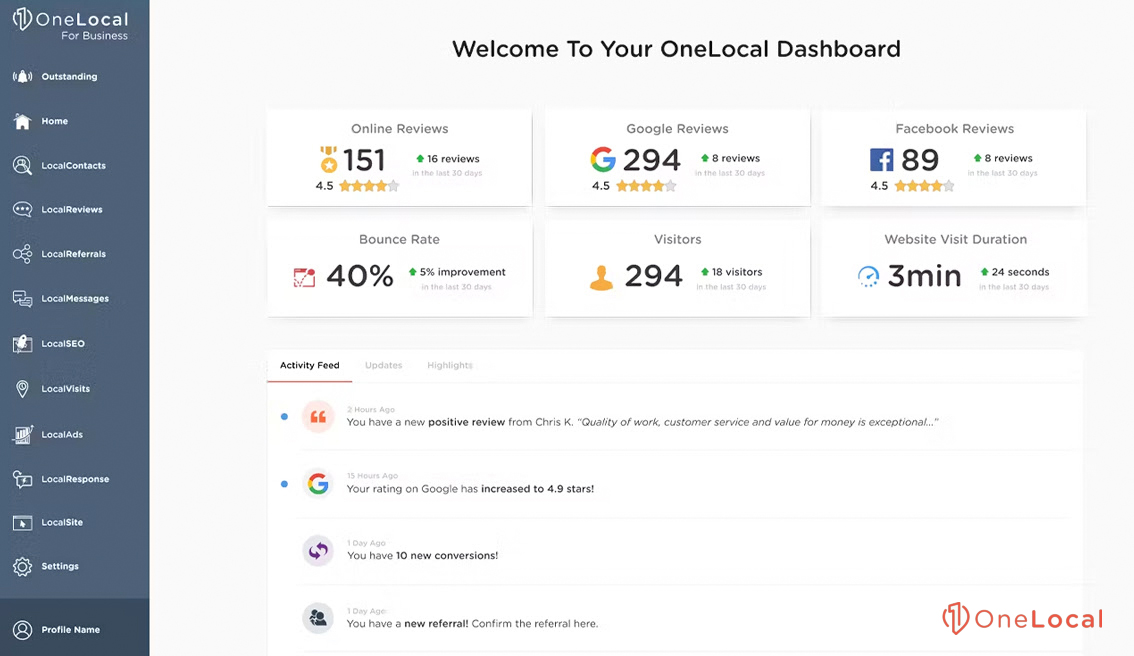
Need expert hands to help you captain this ship? Enter OneLocal. Our suite is custom-built for small businesses; services range from making a custom site with LocalSite, improving reviews with LocalReviews, boosting SEO with LocalSEO, to optimizing ads with LocalAds. But we’re not stopping there; we have more to offer. At OneLocal, we make sure you keep up the pace, remain competitive, and own the spotlight. Your business growth is our priority. Interested? Book a free demo with us today. Let’s show you how we’ve augmented the local search market for thousands of local businesses, bolstered customer satisfaction, and garnered more business. Never let your business miss a beat.

Rachel Solway is a seasoned marketing professional dedicated to empowering small businesses through innovative marketing strategies. With extensive experience at OneLocal, a leading marketing solutions provider, Rachel’s insights are helping thousands of local businesses navigate the digital landscape.

